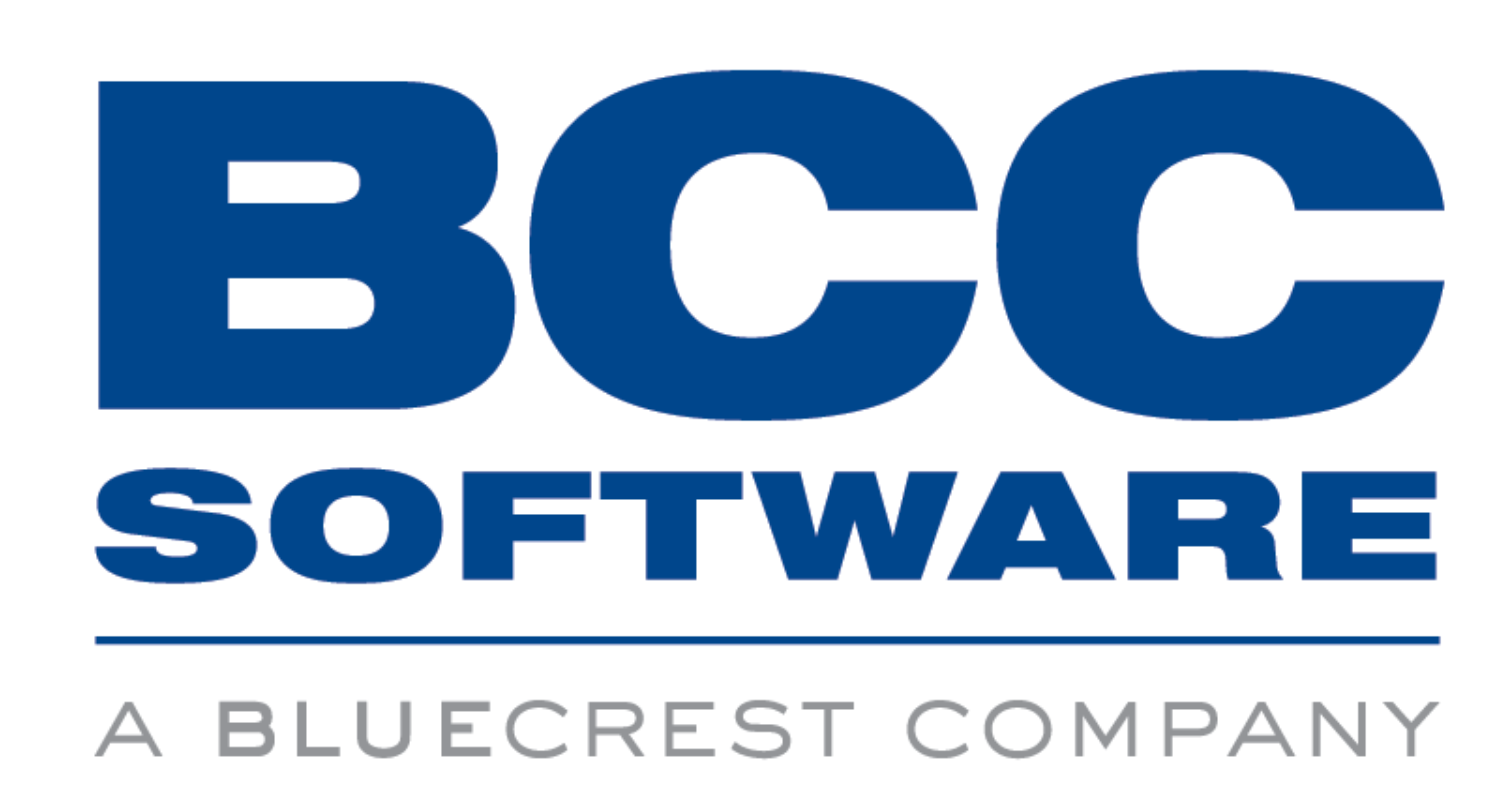Avoid mailing to uninterested, deceased and inmate recipients
List targeting is an essential strategy in marketing operations. By learning more about your audience, you can better target your message, plus reduce waste and production costs. Sending direct mail to businesses instead of residences or to a former address wastes valuable time and money. In addition, sending mail to individuals who officially stated that they do not wish to receive unsolicited marketing mail can create a bad brand image. With BCC Software’s List Suppression Services, you can eliminate waste and increase ROI by suppressing out undesirable records before you start marketing to them.
Key Benefits:
- Increase ROI – Increase response rates by only mailing to the most responsive audiences
- Save Money – Reduce postage & production costs
- Minimize Risk – Eliminate opportunities for potential fraud
- Eliminate Waste – Make an environmental impact by eliminating messaging that will not be delivered
BCC Software offers robust suppression services
Three different list suppression options are all designed to help reduce waste and increase response rates.
DMA Suppression
Identifies individuals in your list(s) who have registered with the Direct Marketing Association (DMA) Mail Preference Service (MPS) to indicate that they do not wish to receive unsolicited advertising mail.
Deceased Suppression
Identifies deceased individuals in your list(s) using a database dating back 15 years and derived from Social Security Administration records.
Suppression Suite
If you need more robust services, our Suppression Suite processing works to find records in your list(s) that match common suppression files, including Marketing Association (DMA) Mail Preference Service, Deceased, Prison, and Business.
Integration Points
Suppression Services are available through BCC Mail Manager™, and LENS®.
